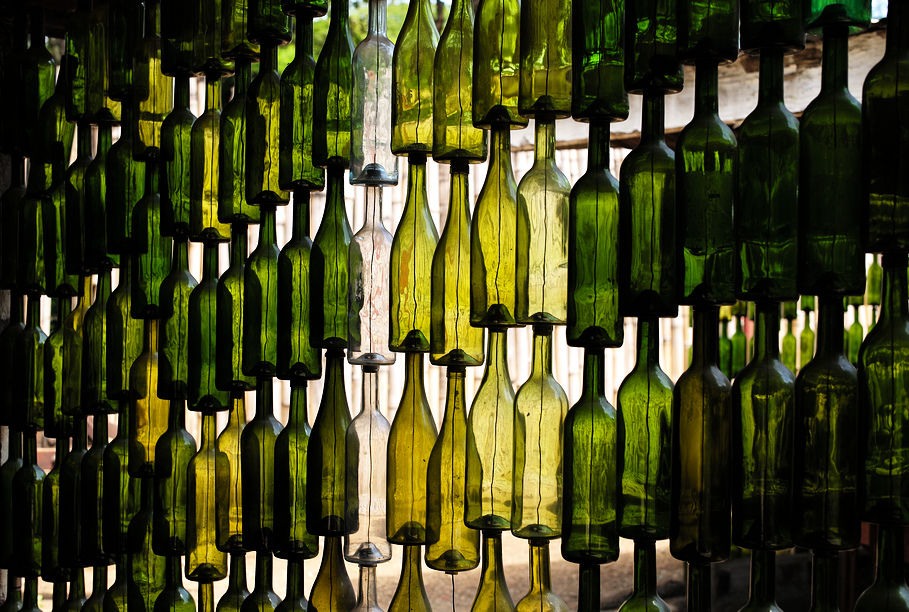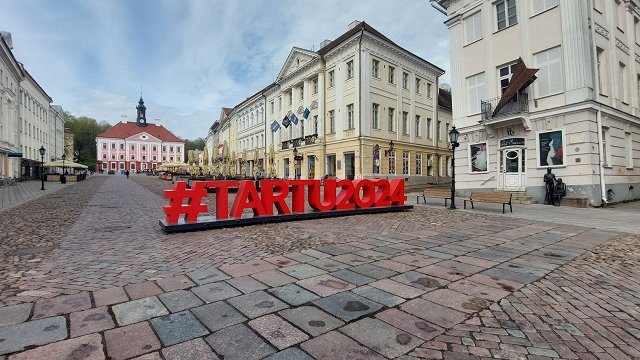"The trade of beverages between Estonia and Latvia doesn't seem to slow down, rather the opposite. Beverage packaging without the possibility of returning is piling up and it has a paralyzing effect on our presently well-working packaging system and recycling in general," Kiisler said commenting on the proposal to be made to the Estonia-Latvia government committee. "As the packaging system in Latvia is at present being planned, it is a good time to create a common system," he added.
Estonia launched its deposit-subjected beverage packaging system in 2005. Mainly plastic, aluminum and glass beverage packaging is collected.
Last year around 291 million deposit-subjected beverage packagings were released to the Estonian market, which is 6 percent less than in 2016. At the same time, 231 million beverage packagings were collected in Estonia, which is also 6 percent less than the year before.
Kiisler added that a common packaging system with Latvia would be a pioneer project in the European Union on how countries can cooperate in this field.
In the EU the system of deposit-subjected beverage packaging is being used in Estonia, Finland, Sweden, Denmark, the Netherlands, Germany, Lithuania and Croatia. Also, Iceland and Norway are using a deposit system. The same system is planned to be introduced in Latvia, Malta, the UK and France.






























